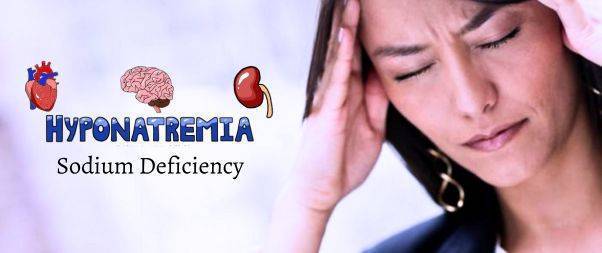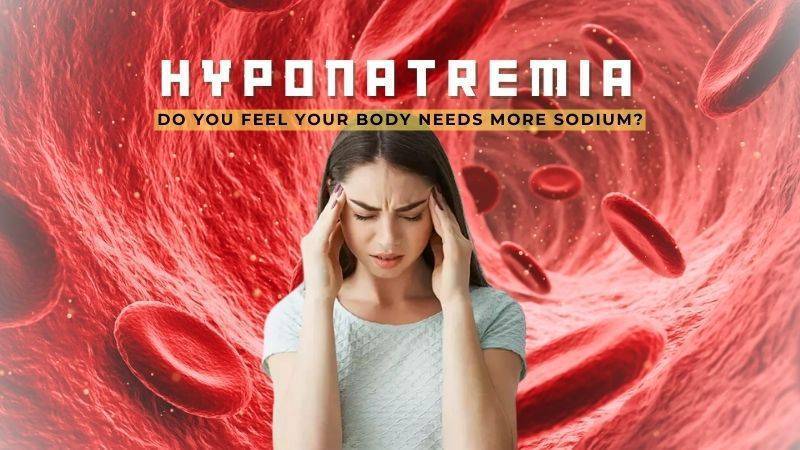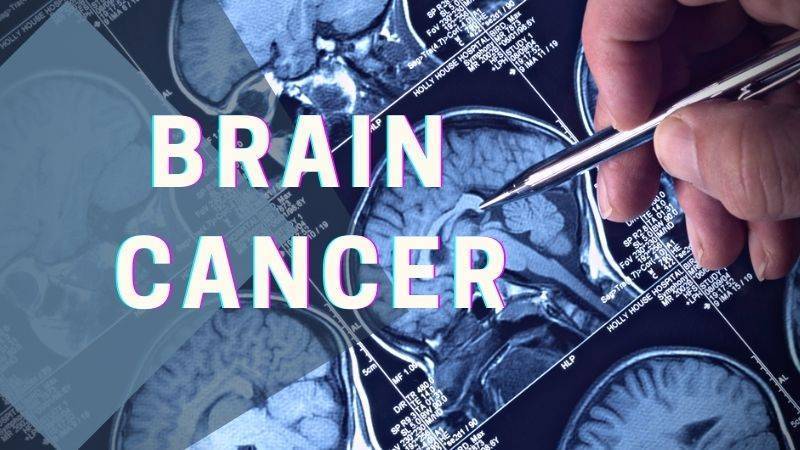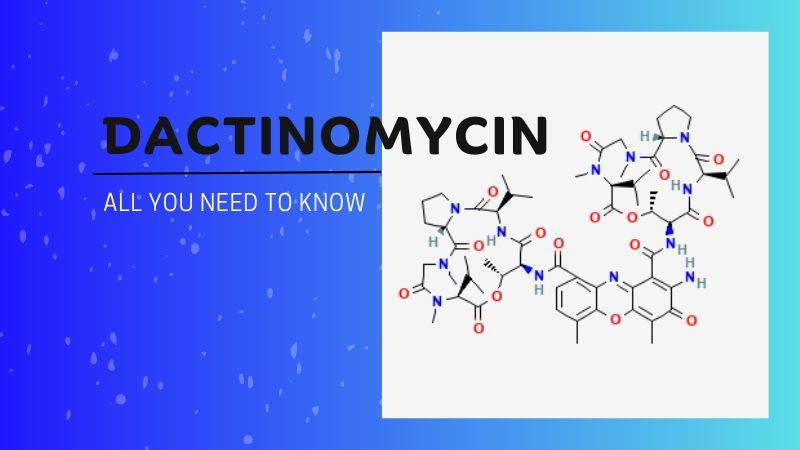As we continue to explore and unravel the complexities of cancer and its effects on the human body, one less discussed, yet significant, aspect of cancer-related complications is the occurrence of low sodium levels in cancer patients.
Sodium is an essential electrolyte that is vital for many bodily functions including maintaining fluid balance, assisting in the transmission of nerve impulses, and regulating blood pressure.
When the level of sodium in the blood is too low, the condition is called Hyponatremia.
This condition can affect not only the patient’s quality of life but also their overall prognosis.
What is Hyponatremia?

Hyponatremia is a condition characterized by low levels of sodium in the blood. Sodium plays a crucial role in countless of bodily functions including
- Maintaining fluid balance
- Facilitating nerve impulses
- Regulating blood pressure
When sodium levels in the blood drop below the normal range, it can result in a variety of health issues.
Hyponatremia and Cancer: The Connection
Hyponatremia can occur in cancer patients due to a combination of factors related to both the cancer itself and its treatment.
- Syndrome of Inappropriate Antidiuretic Hormone (SIADH): SIADH is one of the most common causes of hyponatremia in cancer patients. In SIADH, the body produces excessive amounts of antidiuretic hormone (ADH), resulting in fluid retention and diluted sodium levels in the blood. This can occur due to the cancer itself (especially in lung, brain, and ovarian cancers), or as a side effect of certain chemotherapy drugs.
- Dehydration: Many cancer patients suffer from nausea, vomiting, or diarrhea either due to the disease or as side effects of treatments like chemotherapy and radiation. These symptoms can lead to dehydration, which in turn disrupts electrolyte balance, including sodium.
- Medications: Certain medications used to manage cancer and its side effects can affect sodium levels in the body. Some chemotherapeutic agents, pain medications, and antidepressants are known to induce hyponatremia.
- Organ Dysfunction: Some cancers can affect the function of organs involved in maintaining sodium balance. For instance, dysfunction of the kidneys, adrenal glands, or pituitary gland can lead to altered sodium levels.
- Malnutrition: Maintaining a balanced diet can be challenging for cancer patients, leading to potential electrolyte imbalances, including hyponatremia.
Signs, Symptoms, and Management of Hyponatremia

Symptoms of hyponatremia can range from mild to severe and include
- Headache
- Nausea
- Confusion
- Seizures
- In extreme cases, Coma.
Because of its potentially severe consequences, sodium levels are closely monitored in patients undergoing cancer treatment.
How to Manage the Low Sodium Levels
 If hyponatremia does develop, it’s essential to manage it by addressing the underlying cause and cautiously correcting the sodium level to prevent rapid changes, which could induce other complications.
If hyponatremia does develop, it’s essential to manage it by addressing the underlying cause and cautiously correcting the sodium level to prevent rapid changes, which could induce other complications.
Here are the typical steps to treat this condition:
- Address the Underlying Cause: If hyponatremia is due to a medication, an adjustment in the dosage or a switch to another drug may be necessary. If it’s due to a specific health condition, like kidney disease or hormonal imbalances, these issues need to be addressed.
- Fluids and Dietary Changes: Mild cases of hyponatremia might be corrected by simply reducing fluid intake, adjusting the diet, or modifying the intake of diuretics. Your healthcare provider may also recommend increasing your dietary sodium consumption.
- Intravenous (IV) Sodium Solution: For severe or acute hyponatremia, a solution of sodium and water (saline) can be administered intravenously.
- Medications: Certain medications can be used to manage symptoms of hyponatremia. For instance, drugs like vasopressin receptor antagonists, which block the action of the antidiuretic hormone vasopressin, allow your kidneys to expel excess water and raise the sodium levels in your blood.
- Monitor Sodium Levels: Frequent monitoring of sodium levels is important to ensure they are rising at a safe rate. A too-rapid increase in sodium levels can lead to a potentially dangerous condition called osmotic demyelination syndrome.
What cancers have low sodium?

Certain types of cancers are more commonly associated with the development of hyponatremia, or low sodium levels. These include:
- Lung Cancer: Small cell lung cancer, in particular, can often lead to hyponatremia. This is mainly due to the Syndrome of Inappropriate Antidiuretic Hormone Secretion (SIADH), a condition where the body produces excessive amounts of a hormone that prevents urine production, leading to water retention and diluted sodium levels.
- Brain Tumors: Certain brain tumors can disrupt the normal production of hormones that regulate sodium and water balance in the body, leading to hyponatremia.
- Head and Neck Cancers: These types of cancers can sometimes lead to hyponatremia, especially when the patient has difficulties with food and fluid intake.
- Ovarian Cancer: Ovarian cancer and some other types of gynecological cancers can also cause hyponatremia, often due to SIADH or as a result of complications from treatment.
- Gastrointestinal Cancers: Patients with cancers of the gastrointestinal tract might experience hyponatremia due to dehydration from vomiting or diarrhea, a common side effect of chemotherapy, or inadequate intake.
Remember, not all patients with these types of cancers will develop hyponatremia. It depends on several factors including the specific characteristics of the tumor, the stage of the cancer, the patient’s overall health, and the treatments being used.
It’s important to monitor electrolyte levels regularly in patients undergoing cancer treatment and manage any imbalances as soon as they occur.
In a Nutshell
Understanding the implications of hyponatremia in cancer patients is vital to improving patient care and outcomes. As we continue to improve cancer treatment strategies, it’s crucial that we also pay attention to these associated conditions and strive to manage them effectively.
Remember, this is general information and individual health situations can vary greatly. Always consult with a healthcare professional for accurate information.
Research into the interplay of cancer and hyponatremia continues, promising better understanding and improved patient management in the future.
Meanwhile, raising awareness of hyponatremia in the context of cancer is a crucial step toward improved patient care that patients, caregivers, and healthcare professionals understand the risk and implications of hyponatremia can lead to better monitoring, timely intervention, and ultimately, better health outcomes for cancer patients.
FAQ
Q1: Why is hyponatremia a concern for cancer patients?
A: Hyponatremia can occur in cancer patients due to various reasons related to the cancer itself or its treatment. It can affect the patient’s quality of life, exacerbate other symptoms, and even impact their overall prognosis.
Q2: Can hyponatremia be prevented in cancer patients?
A: Monitoring and adjusting treatment plans that may contribute to hyponatremia, ensuring patients are well-hydrated, and maintaining a balanced diet.
However, due to the complex nature of cancer and its treatments, it may not always be possible to completely prevent hyponatremia.
Q3: Does having hyponatremia mean my cancer is getting worse?
A: Not necessarily. While hyponatremia can be caused by certain cancers or treatments, the presence of hyponatremia itself doesn’t necessarily indicate the progression or regression of the cancer.
However, severe or persistent hyponatremia should be addressed promptly as it can lead to serious health issues. Always consult with your healthcare provider for accurate information.
Q4: Can hyponatremia cause low sodium?
A: Yes, hyponatremia is the medical term for low sodium levels in the blood. When the concentration of sodium in your blood is too low, it can result in hyponatremia.
Q5: What is a dangerously low sodium level?
A: The normal range for blood sodium levels is typically 135 to 145 milliequivalents per liter (mEq/L).
A sodium level less than 135 mEq/L is considered low, or hyponatremia.
However, a sodium level of less than 125 mEq/L is often considered dangerously low and requires immediate medical attention.






